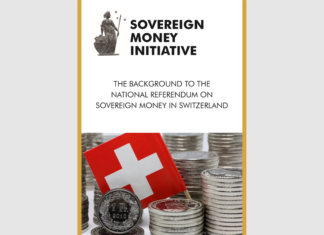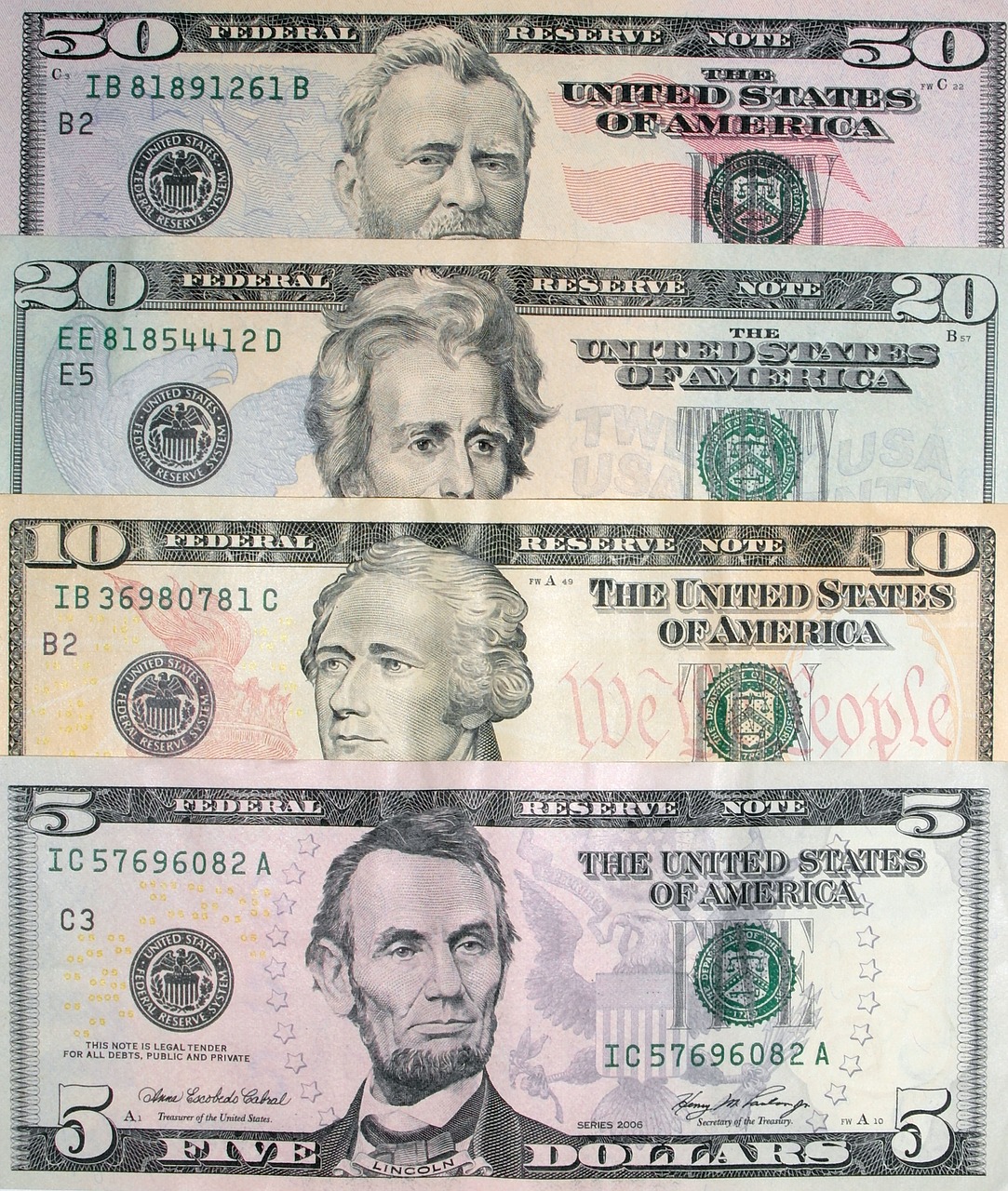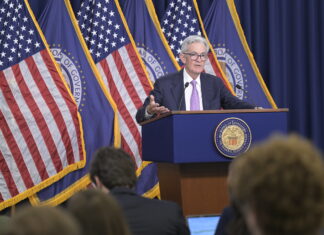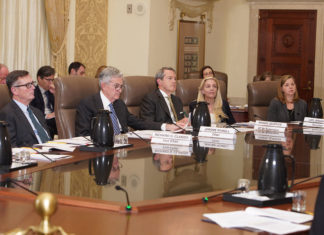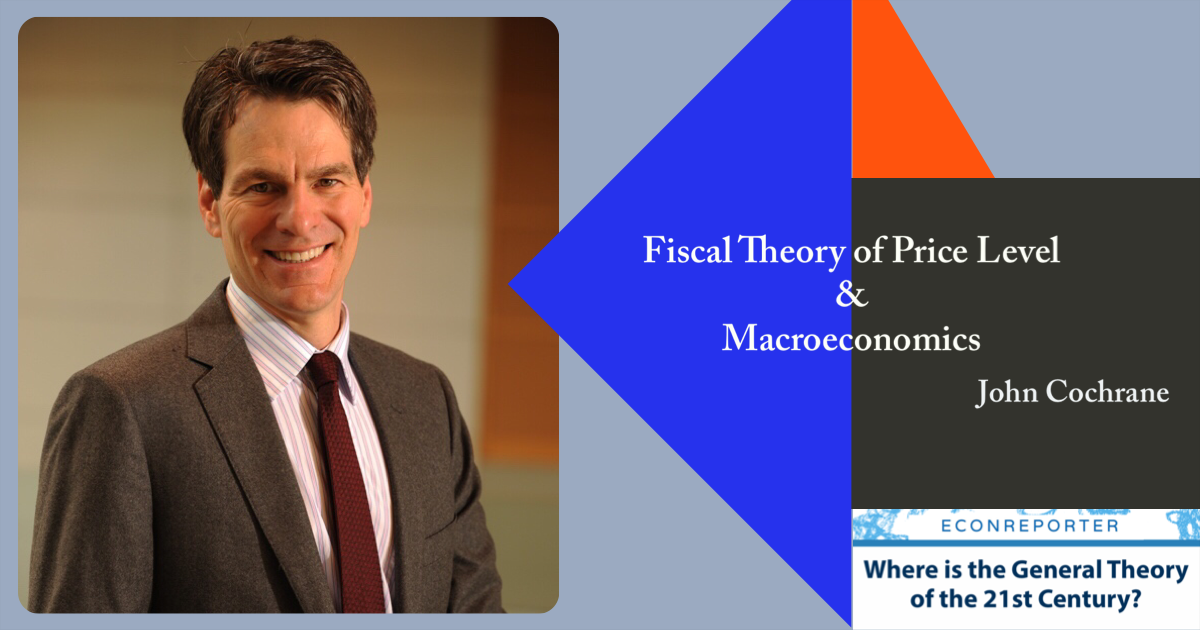Aging, Output Per Capita and Secular Stagnation
Gauti B. Eggertsson, Manuel Lancastre, and Lawrence H. Summers explain in their paper "Aging, Output Per Capita and Secular Stagnation" the role of aging in the Secular Stagnation model.
100% Reserve System is coming? – The Swiss Sovereign Money Referendum
The Swiss sovereign-money referendum, also known as the Sovereign-Money Initiative, which aims to creates a safe and crisis-free, yet experimental, banking system in Switzerland will be held on 10th June.
Media Sentiment and International Asset Prices
A new working paper from the IMF which tries to assess the impact of media sentiment on equity markets.
How to benefit from others’ QE — Hong Kong Linked Exchange Rate’s lesson
What if I tell you, behind the boring news headline, there is actually a wonkish story about how the Hong Kong central bank took advantage of the monetary easing by the Fed in the last 12 year and created a new set of policy options that it can now use to actively mange the inflows created by the new round Fed easing under the Great Lockdown.
How to use the Fed’s FIMA Repo — the case of Hong Kong
Hong Kong Monetary Authority, the de facto central bank of Hong Kong, announced on April 22 that it will utilize the Fed's FIMA Repo facility to borrow USD 10 billion of cash.
The repo spike is not liquidity crisis; it is a crisis for Fed’s floor...
The floor system needs a cap on top of it. The sooner the Fed realizes it, the better they will be prepared for the coming financial turmoil.
The sovereign-bank “doom loop”
Since the Euro crisis, investors and policymakers are well aware of the so-called "doom loop" between the banking system and the sovereign. That is, a crisis originating in the banking system (sovereign) will weaken the sovereign (banking system), which in turn will worsen the banking (sovereign) crisis itself.
In a recent ECB discussion Paper "Managing the sovereign-bank nexus", the 7 economists - Giovanni Dell’Ariccia, Caio Ferreira, Nigel Jenkinson, Luc Laeven, Alberto Martin, Camelia Minoiu, and Alexander Popov - coauthored the paper suggested that the banks and sovereigns are linked by three interacting channels:
Hong Kong dollar amid ‘Asian Financial Crisis in reverse’ — basic explainer
An explainer on how Hong Kong Linked Exchange Rate System works, what Aggregate Balance is, and how interest rate arbitrage help maintains Linked Exchange Rate System.
Federal Reserve has never been this ‘confused’ about neutral rate
Federal Reserve decided to cut rate by an supersized 0.5 percentage point. The decision finally ended the weeks-long market debate of whether the central bank would cut 25 or 50 basis points. One important thing, though, didn't reach the headline: The Fed has never been this "confused" about where the natural rate should be.
Why the Fed announces “not-QE” Treasuries purchase program?
Federal Reserve announced yesterday that it will start purchasing Treasury bills from Oct 15 (Tuesday) until at least the second quarter of next year.



